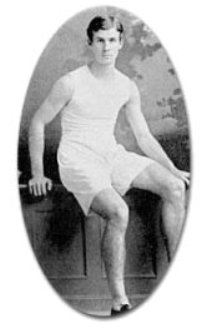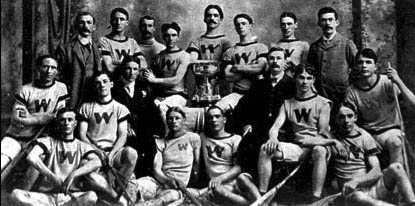| Canada at the 1904 Summer Olympics | |
|---|---|
 | |
| IOC code | CAN |
| NOC | Canadian Olympic Committee |
| in St. Louis | |
| Competitors | 52 |
| Medals Ranked 4th |
|
| Summer Olympics appearances (overview) | |
| Other related appearances | |
| 1906 Intercalated Games | |
Canada competed at the 1904 Summer Olympics in St. Louis, United States. These Games were the second at which Canadian athletes participated. As in 1900 they did not compete under the Canadian flag, national teams not being introduced until the next Olympics. Unofficially, however, it was a very successful Olympics for Canada with Canadian competitors winning the fourth most medals. However, this was largely because most Europeans decided not to make the long trip to compete in the games. The Canadian athletes were a unified group for the first time and were unofficially regarded as a team.



